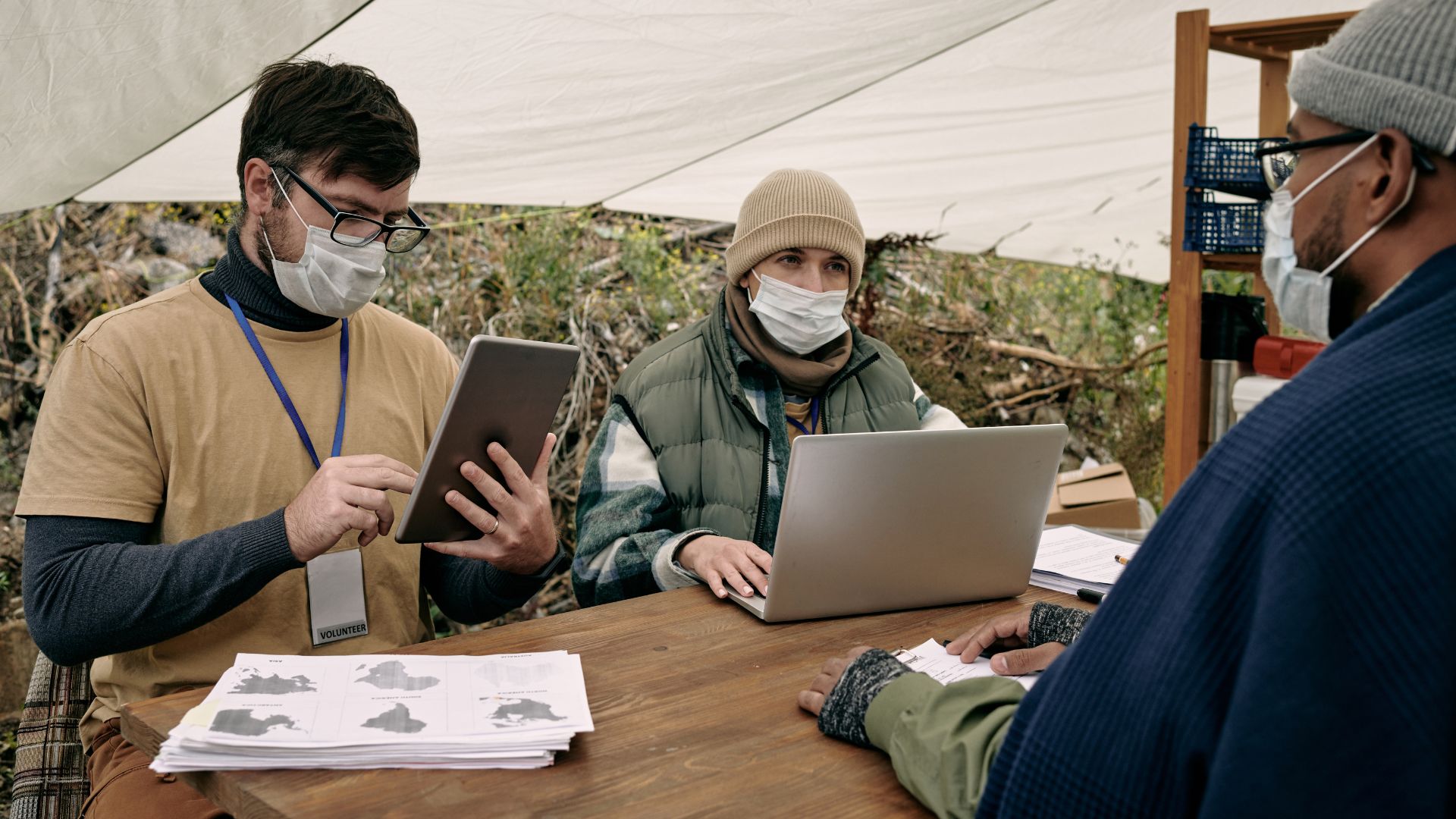- Jl. Kartini RT.14 / RW. 06 Desa Dolopo Kec. Dolopo Kab Madiun Jawa Timur Kota Madiun 63174
Article Detail

What to Do to Adapt Easily Abroad
Living, studying, or working abroad is a valuable opportunity and experience. You’ll encounter many new things and challenges. One of the keys to success in studying or working abroad is adapting to the environment, culture, and social norms. So, what should you do to adjust to your new surroundings? Check out these tips below:
1. Learn the Local Language
Language is essential for communication. Without proper communication skills, it will be challenging to interact with locals. Therefore, it’s important to learn the local language used daily in the country you’re living in. For English-speaking countries, this might be easier since you’ve likely been learning English since primary school. However, in some countries, like those in East Asia, fewer locals speak English, making it necessary to learn their language to communicate effectively.
2. Observe Local Customs
Living abroad means following the customs, culture, and rules of the country. The easiest way to learn these is by observing how locals do things. For instance, when walking on the sidewalk, notice whether people walk on the right or left side, how they cross the street, or how they use public facilities. You wouldn’t want to stand out awkwardly by walking on the wrong side or get into trouble for breaking a rule. While asking locals is an option, observing their behavior can be a quick solution for those hesitant to ask.
3. Adjust to Local Food
Food adaptation varies for everyone depending on personal preferences. One important thing to note is that, unlike in Indonesia where halal labels are common, not all countries have such labels. You’ll need to be diligent about asking or researching whether the food contains ingredients you can’t eat before purchasing it.
4. Adapt to the Weather and Climate
Living in a tropical country may pose no challenges, but living in a country with a different climate can be tricky. You need to prepare suitable clothing and gear. For example, countries like Taiwan often experience typhoons with heavy rain and strong winds. Umbrellas in Taiwan are designed with sturdier frames to withstand the wind, unlike those typically used in Indonesia.
5. Build Friendships
Socializing with locals can be incredibly helpful. For example, if you need to conduct research, local friends can help find locations or communicate with the community. Making friends with locals and other foreigners living in the country will also broaden your perspective and understanding of different cultures, enriching your knowledge and worldview.
6. Manage Finances Wisely
For those receiving financial aid or scholarships in the local currency, managing finances might be easier. However, if you’re funded by a scholarship in Indonesian rupiah or are self-funded, you’ll need to monitor exchange rates regularly. Knowing the right time to withdraw or hold money in your bank account is crucial, as exchange rates fluctuate frequently. Also, remember not to compare the prices of goods in the host country with those in Indonesia, as values are relative to the local currency.
7. Follow Local Laws and Regulations
The saying "When in Rome, do as the Romans do" applies universally. Avoid breaking laws or rules, intentionally or unintentionally. Not only could it have negative consequences for you, but it could also tarnish your country’s image. Also, avoid getting involved in local politics, either directly or indirectly, to steer clear of potential conflicts of interest.
8. Use Facilities Effectively
Developed countries often provide many facilities, such as internet access, libraries, health insurance, and more. As an officially registered resident or student, you’re entitled to use these facilities. Make the most of them to support your studies or work. Smartphones will be particularly useful, as many countries offer advanced digital and cloud-based services.
So, have you understood what it takes to adapt to life abroad? Hopefully, this information is helpful for you. Good luck with your journey!






